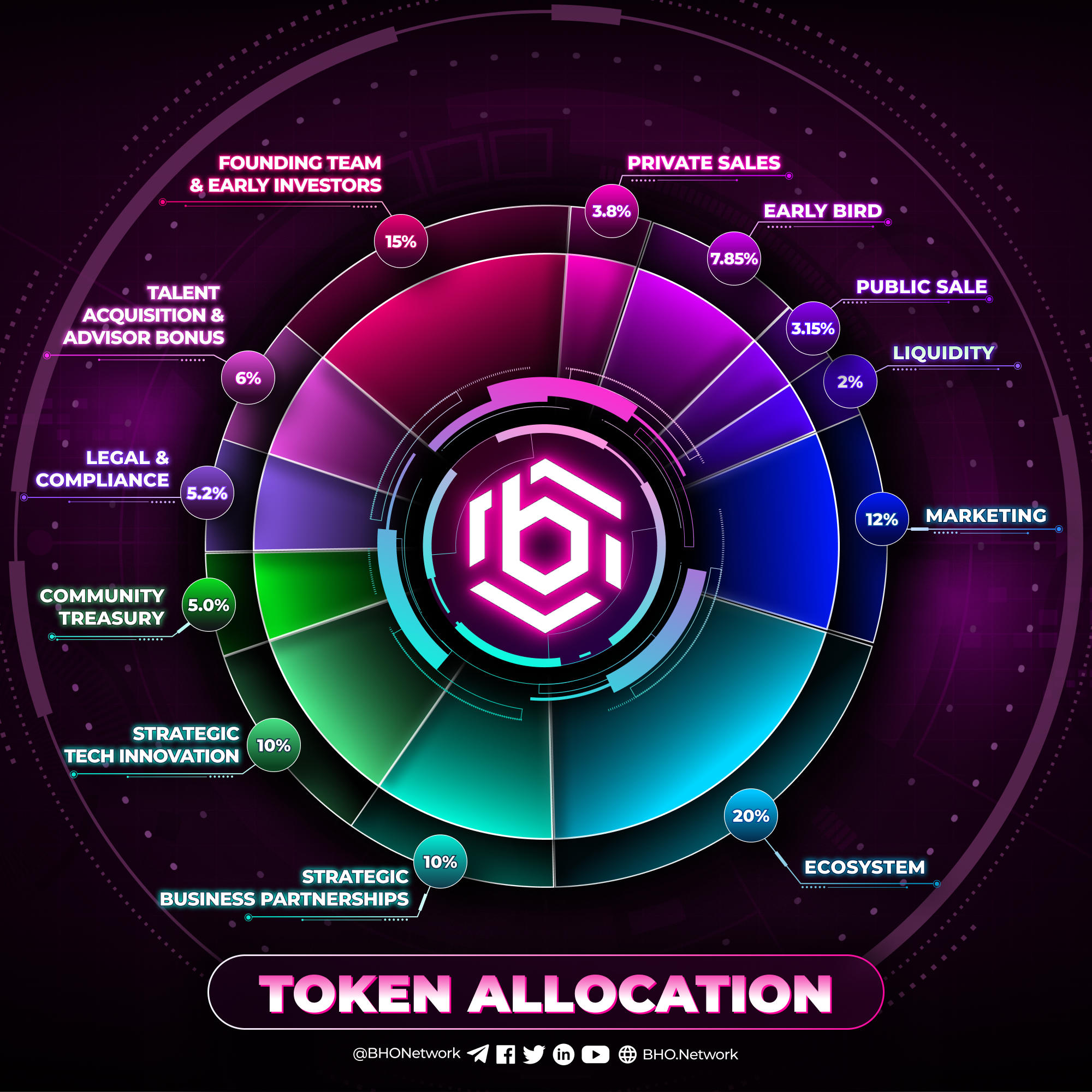WHAT IS YIELD-BEARING TOKEN?
One of the most captivating features of DeFi is its modularity, which allows for seamless integration among various projects within the industry. Thanks to the permissionless nature of smart contracts, development teams can craft innovative products and strategies that interlace creatively.
In this ecosystem, numerous Dapps offer a variety of vaults where users can deposit funds and receive tokens as proof of their deposits. These tokens function like any other ERC-20 token and can be transferred or traded on any market that supports them.
For instance, by pooling funds from multiple users, a DeFi protocol can continuously reinvest the returns generated from another project, a process known as compounding. This practice increases the deposited amount, resulting in higher returns, which are then reinvested in a continuous cycle. Such deposit strategies enable users to earn higher returns while consolidating the necessary gas fees for regular compounding, thus providing greater benefits than individual investments.
The underlying returns may come from lending, providing liquidity, writing options, and more. While these returns are continuously accumulated, they are still represented by the tokens received at the initial deposit.
Although users do not receive additional deposit tokens after their initial investment, the value of these tokens continuously increases, hence they are termed Yield-Bearing Tokens. When users decide to withdraw from the strategy, they will receive more assets than they initially deposited.
By multiplying the number of Shares (e.g., of sd3Crv) by the Price Per Share and then by the price of the underlying asset (in this case, the virtual price of 3Crv on Curve), the value of an investment can be accurately tracked.
At the current rate, 1000 sd3Crv, with a Price Per Share of 1.082 and a virtual price of 3Crv at $1.02, would be valued at:
1000 * 1.082 * 1.02 = $1103.64
Yield-Bearing Tokens are also employed by projects to consistently distribute protocol profits to their users via governance tokens.
Applications of Yield-Bearing Tokens
Typically, there are two primary actions one can take with yield-bearing tokens: 1) sell them on secondary markets, such as DeFi protocols like Uniswap; or 2) burn them to redeem another token of equivalent value.
As DeFi projects continue to evolve, more use cases for Yield-Bearing Tokens are emerging. These tokens can serve as collateral for borrowing funds, be structured into financial products, stored in secure custody wallets, or used to generate additional interest layers. Various DeFi protocols and vaults are designed to accept Yield-Bearing Tokens for yield farming purposes.
Yield-Bearing Tokens are a type of ERC-20 token that generates returns simply by being held. These tokens can be traded like any other ERC-20 token. As research and development in this area advance, more use cases are being developed, such as utilizing these tokens as collateral or creating additional layers of benefits.
With the growing attention and diverse applications of Yield-Bearing Tokens, a new ERC standard is being developed to standardize integration solutions for these tokens, ensuring seamless incorporation into other applications.
Published on June 18, 2024







